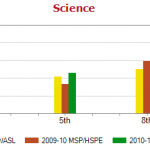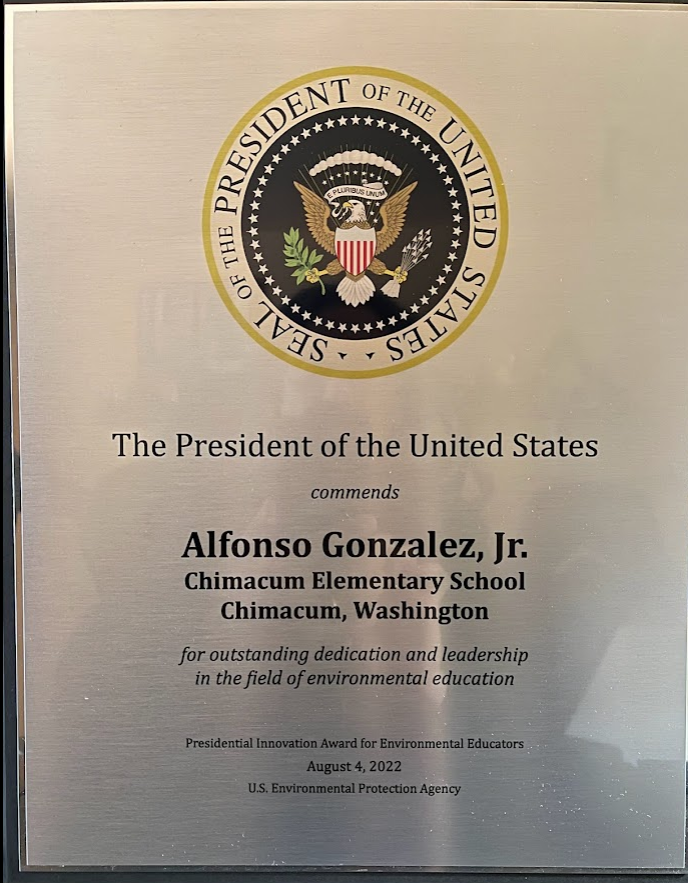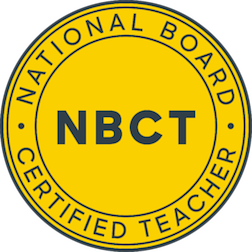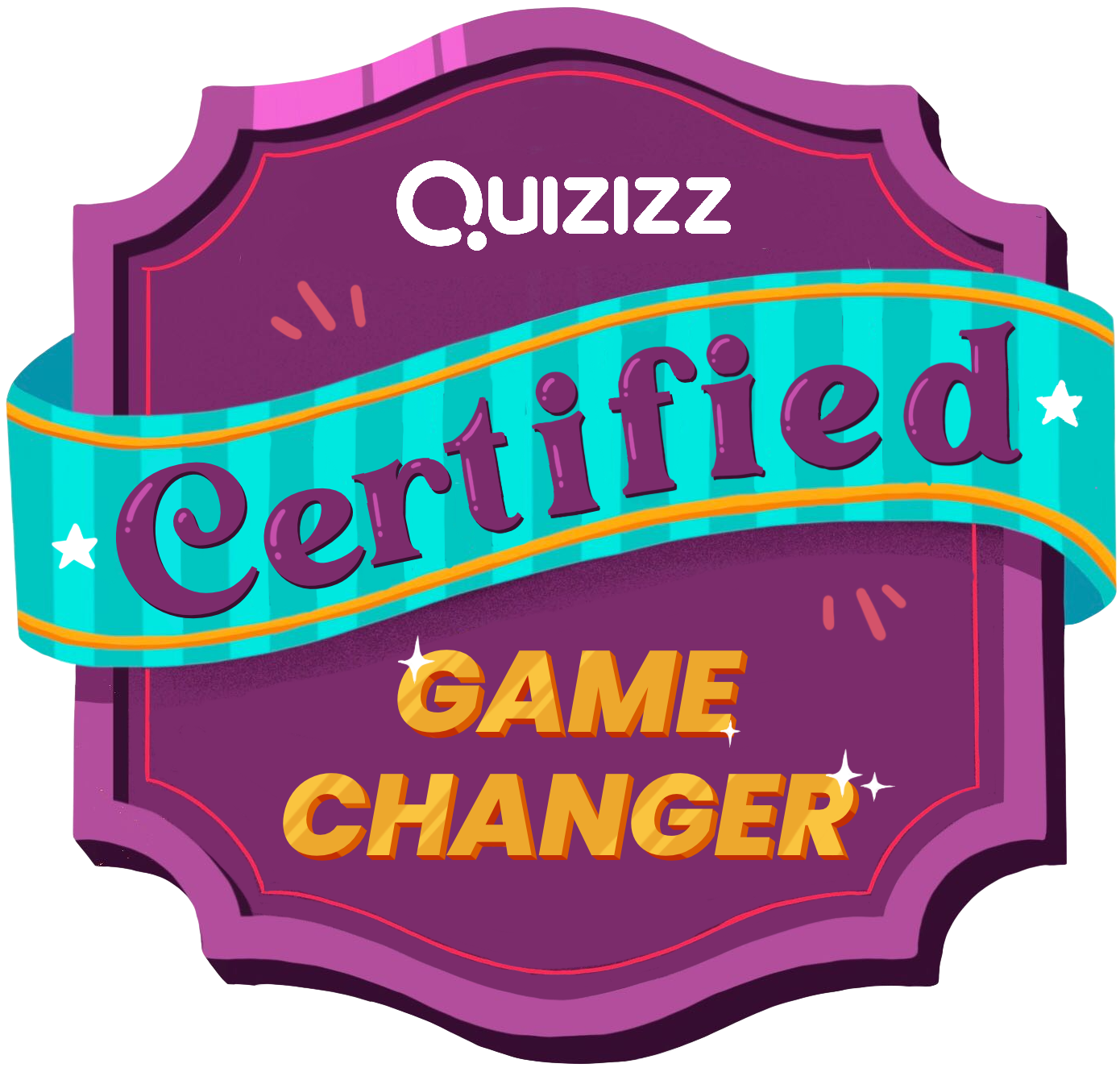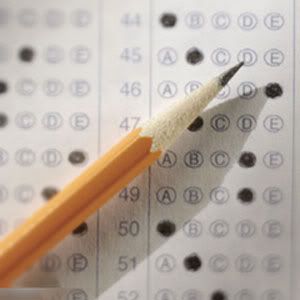 Our 6th graders are tested once a year, usually in the Spring around April or May, on Reading and Math. Our 7th graders are tested once a year on Reading, Math and Writing. Our 8th graders are tested once a year on Reading, Math and Science. We get the results of those tests usually in August. Too late to use the results to do anything with the 8th graders as they will be in High School by September. Fifth graders are testing in Reading, Math and Science so I do get a look at their Science scores before I get them as students in 6th grade.
Our 6th graders are tested once a year, usually in the Spring around April or May, on Reading and Math. Our 7th graders are tested once a year on Reading, Math and Writing. Our 8th graders are tested once a year on Reading, Math and Science. We get the results of those tests usually in August. Too late to use the results to do anything with the 8th graders as they will be in High School by September. Fifth graders are testing in Reading, Math and Science so I do get a look at their Science scores before I get them as students in 6th grade.
The data I get from those one shot, some multiple choice, some short answer tests gives me some idea as to where my new students struggle and where they did well. Using that data to make tweaks on my curriculum and how I have students engage with it makes sense. To use those results to evaluate teachers or to determine whether or not a child can graduate seems excessive and makes little sense.
So let’s be 100% clear: what those one-day-a-year, one-shot, some-multiple-choice, work-in-isolation-with-no-internet, standardized-not-based-on-my-curricula tests measure is
1. how well kids felt on the day they took the test,
2. how well they take tests,
3. what mood they were in,
4. if they care about test/testing,
5. if their family is affluent,
6. if they have NO learning disabilities, and/or
7. if they can recall things they may or may not have learned.
Another things that bugs me, and the purpose of this post, is when people confuse the results of that one day a year test to classroom evaluation. I don’t feel it’s correct to compare say a student’s low standardized test score to a high grade in school. It’s like comparing two things that don’t have anything in common. Even if we were to teach to the test a class grade is based on more than just a standardized test-like assessment that is given on one day. Kids aren’t widgets. I work to provide learning opportunities for all my students and for some that does not translate into high test scores. What I could do is take those kids who score low on tests and train them to get better, high test scores. I think about my own children. I would prefer they spend their school days engaging in great learning opportunities and not practicing how to become better test takers. So for my students, I do not spend much time training them on how to take tests. I doubt too many of my are going to be professional test takers. In my professional opinion I think my students are going to be better prepared for their futures by learning how to work with others, how to think critically and deeply, how to problem solve, how to use technology to learn and solve problems and get work done efficiently and effectively, and how to share/showcase/demonstrate their learning (in other to provide evidence to back claims).
As a classroom teacher I provide information about my students’ progress either by providing a letter grade or a standards-based report on their understanding of the standards (I actually do both). Letter grades typically come loaded with all sorts of data including work completion, perceived effort, and maybe even practice. Standards-based reports include my perception of a student’s understanding, which may include a student’s own reporting on his or her understanding as well as evidence I see from the work turned in or discussions I have with the student.
If I give a student a passing grade, maybe an A, B or C letter grade, or a 2 (Basic Understanding), 3 (Shows Understanding) or 4 (Exceptional Understanding), it is based on the work I do with that student. It includes our conversations, the feedback I’ve given that student, completed work and sometimes even work in progress, formative assessments, summative assessments, group work, project work including the process to complete that work, and this all happens over time.
Now which evaluation or assessment do you think is more accurate?
Is it the process-oriented, teacher/student generated grade or standard-based report that happened over time with a relationship component that includes the teacher getting to know the person he or she is working with (for maybe 180 days a year, sometimes even for a second year when I get my old students back in 8th grade)?
Or is it the one-day-a-year, someone-else-we-don’t-know generated, some multiple-choice, some short answer question test that students cannot use the Internet, cannot consult their peers, and cannot ask me for much clarification test?
Without a doubt I place more weight or value on my test every time. Either way what I don’t do is compare my assessment score(s) to that score I get in August on a test that has very little if anything to do with all that goes on my classroom! They are not based on the same things. A student can easily score high on the standardized test and get low grades in class, just as easily as he or she can score low on the standardized test and high on their class grades. That’s the nature of standardized testing and classroom assessment and one does not necessarily equate with performance on the other.

